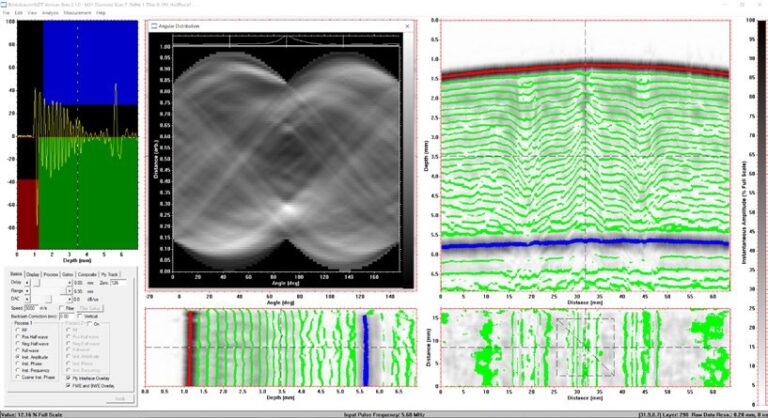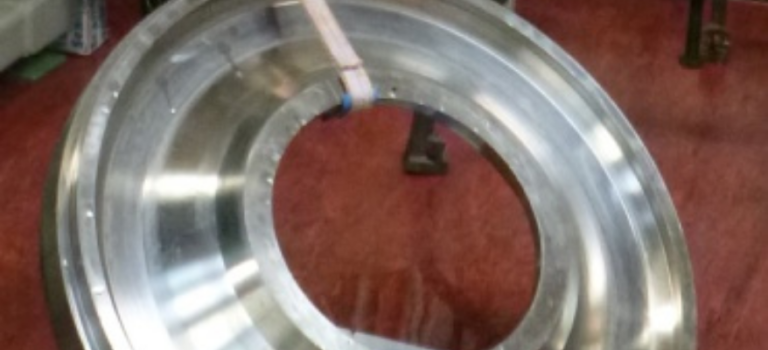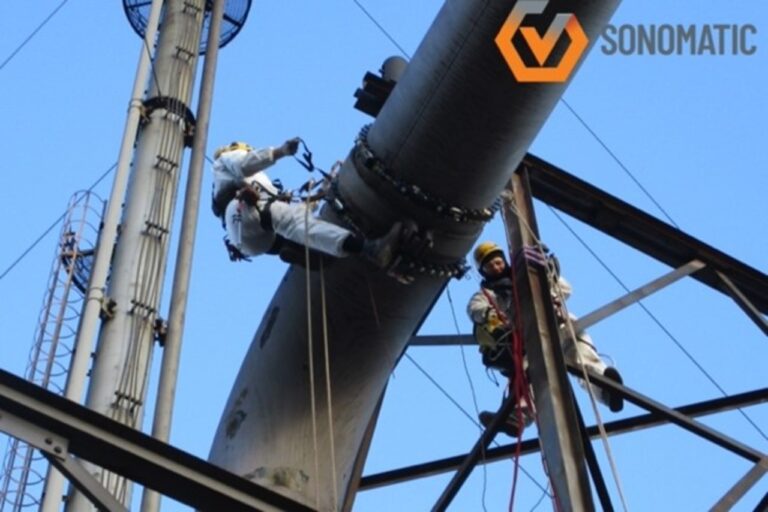
The MTC Algorith Development Support Service
The MTC has created the Algorithm Deployment Support Service (ADSS) to demonstrate a successful multi-supplier technology transfer route for algorithms developed within academia.
The RCNDE programme has already delivered a pipeline of more than 50 exploitable products at various stages of development. Exploitation and technology transfer is encouraged through a number of initiatives including:
Exploitation can take a number of different routes including:
The progress of every RCNDE project is reviewed regularly in terms of its Technological and Commercial Readiness Levels. Find out more here.

The MTC has created the Algorithm Deployment Support Service (ADSS) to demonstrate a successful multi-supplier technology transfer route for algorithms developed within academia.

Case study of a data fusion based software framework that provides a partially automated capability for systematic combination of diverse readings, allowing components to be declared defect-free to a very high probability while readily identifying any defect indications.

A Rolls-Royce and Bristol University collaboration to use wave propagation modelling to correct ultrasonic imaging algorithms, thereby enabling the reliable volumetric inspection of single-crystal aerospace components.

Case study of the development of EMAT technology for detecting hidden corrosion on inaccessible areas of pipelines.

RCNDE – an internationally renowned membership-based industrial-academic collaboration that coordinates research into NDE technologies, ensuring research topics are relevant to the medium to longer-term needs of industry.